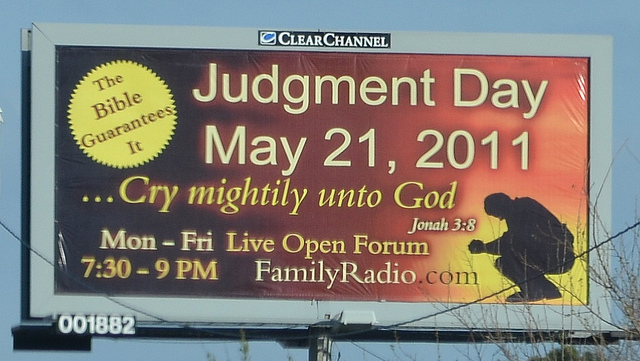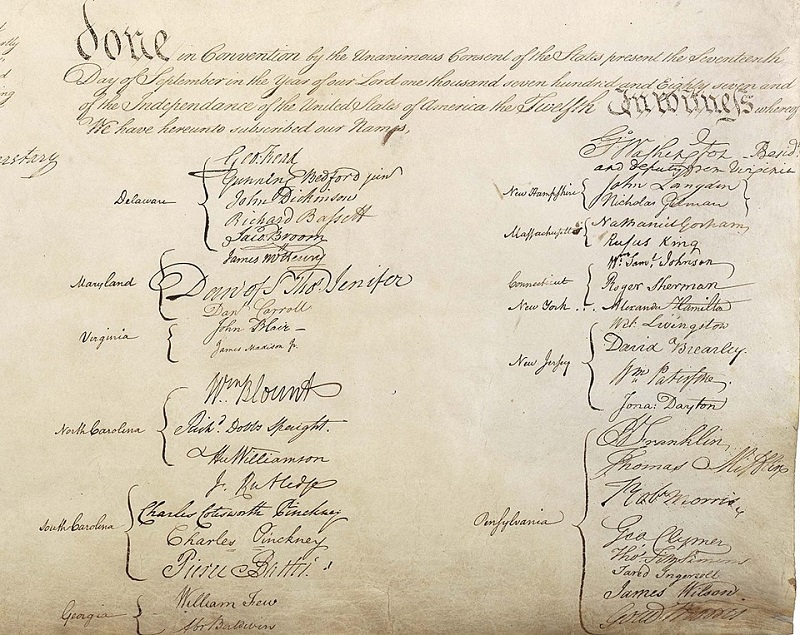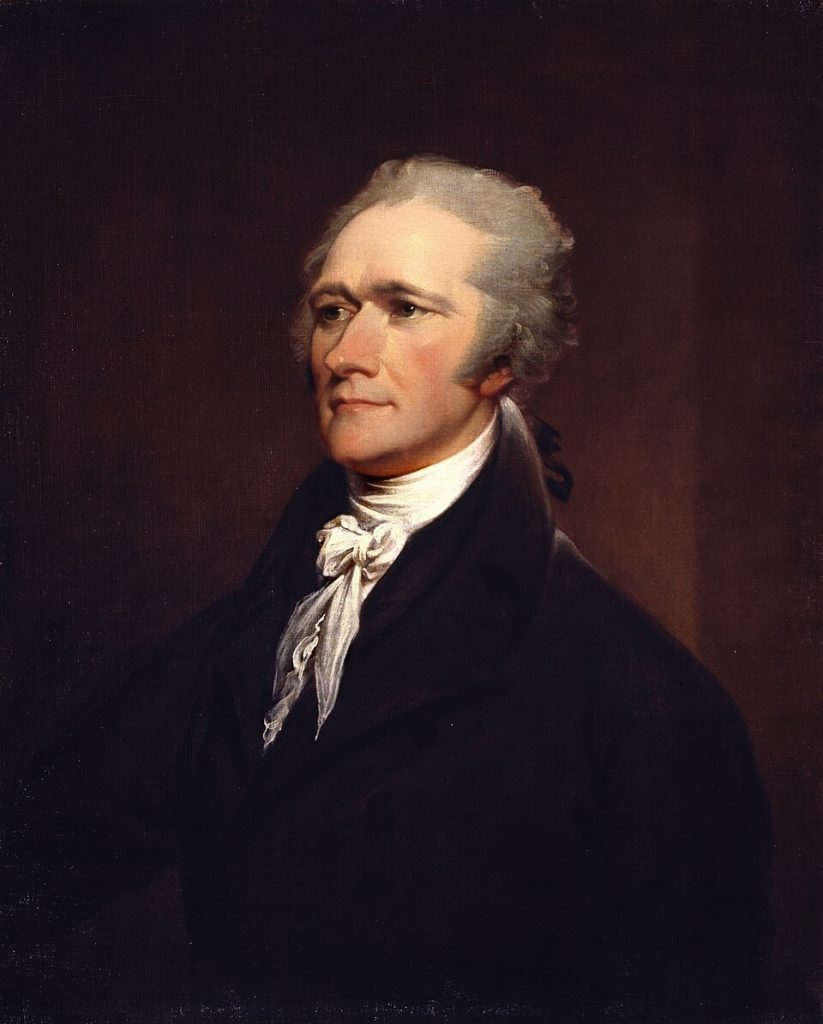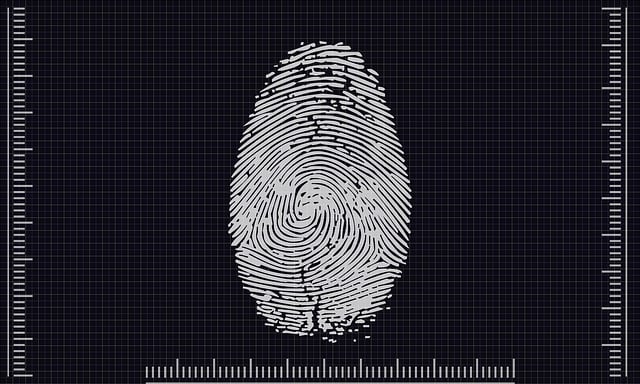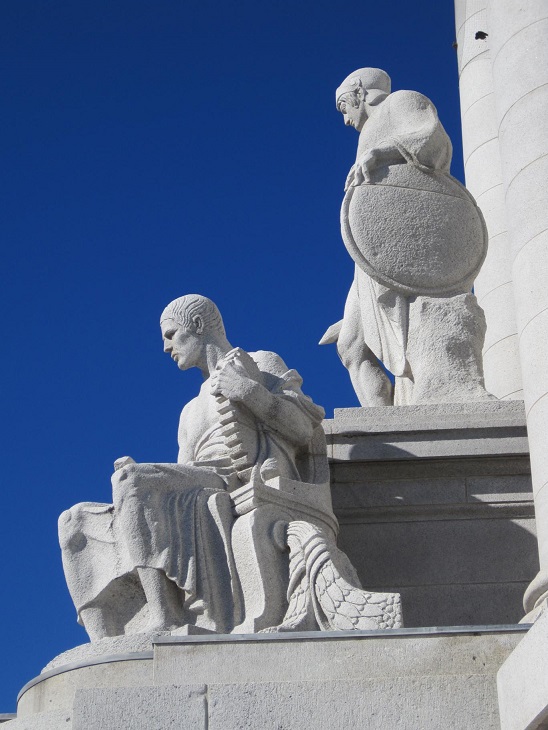I have a new column this week on OnlySky. It’s about the increasing frequency of political violence in the U.S., and what this tells us about democratic breakdown.
From the Capitol insurrection, to the assassination of UnitedHealthcare’s CEO, to the killing of Charlie Kirk, to ordinary (“ordinary”) school shootings and other mass shootings, America is a violent nation and becoming more so. Democracy was supposed to give the people a means to settle our differences peacefully, but it isn’t working out that way. Instead, more and more people – mostly on the right, although not exclusively – are concluding that change only comes at the barrel of a gun.
Why is democracy giving way to outbursts of violence? Is it the system that’s at fault, conspiring to thwart the will of the voters at every turn, leaving the frustrated and the disaffected feeling as if they have no other choice? Or are voters themselves demanding something impossible, and becoming increasingly angry when they can’t have it?
Read the excerpt below, then click through to see the full piece. This column is free to read, but paid members of OnlySky get some extra perks, like member-only posts and a subscriber newsletter:
What’s remarkable is that so much violence is committed by right-wingers—even though conservatives, at the moment, control all three branches of the U.S. government.
They’re seemingly getting everything they’ve always wanted: savage cuts to the safety net, mass deportations of immigrants both legal and not, mass firings of federal employees, curtailing DEI policies, outlawing abortion, rolling back LGBTQ rights, more guns with fewer restrictions. You’d think they’d be happy. And yet, seemingly, the more of their agenda they achieve, the more furious they become.
What this implies is that politico-religious conservatism is a self-defeating philosophy. Whether they realize it or not, conservatives are voting for policies that make their lives worse. They’re getting angrier not despite their success, but because of it. That’s why levels of violence in America keep on rising.

